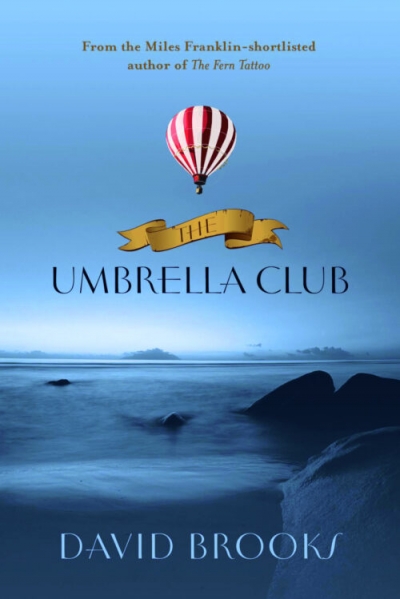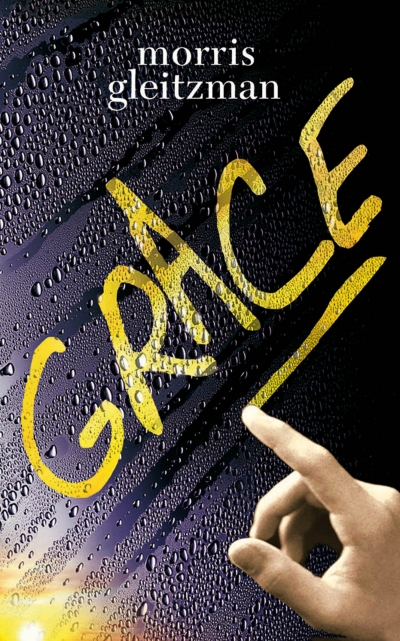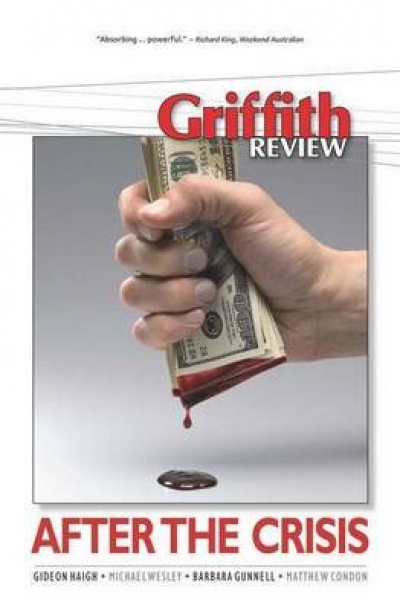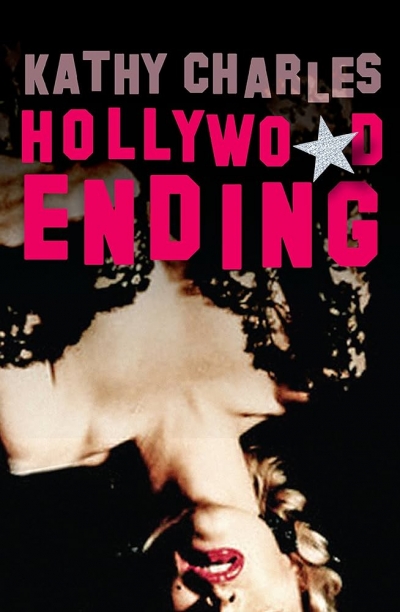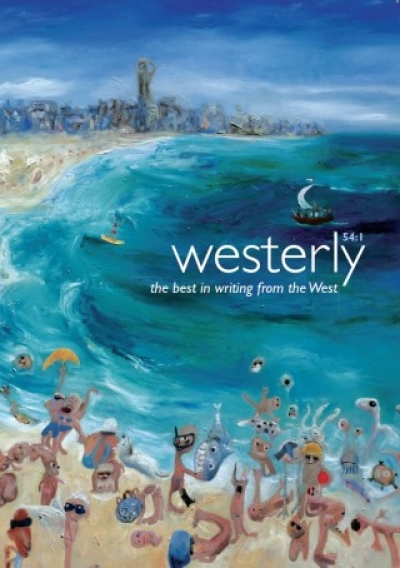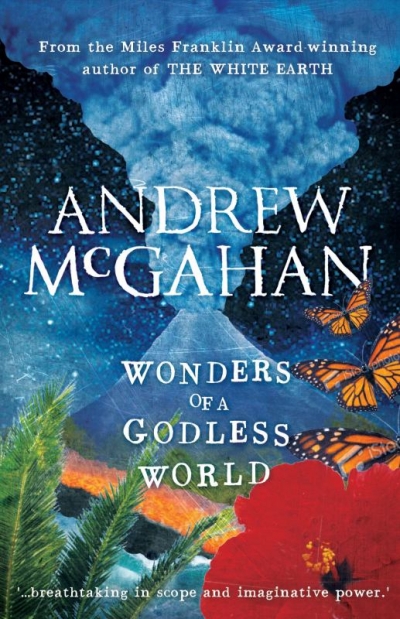Review
Griffith Review 25: After the crisis edited by Julianne Schultz
by Jay Daniel Thompson •
Motherlode: Australian Women’s Poetry 1986 – 2008 by Jennifer Harrison and Kate Waterhouse
by Lyn McCredden •
Westerly Vol. 54, No. 1 by Delys Bird and Dennis Haskell
by Patrick Allington •
Learning about the world is one of the great fruits of reading. It can be as much fun as solving a puzzle, provided the information is presented to invite questioning and interpretation. These five attractively produced, accessible books are designed to appeal to their intended audiences, but how well do they avoid the over-simplification that is an inherent danger in tailoring ‘facts’ to the needs and interests of inexperienced readers?
... (read more)
